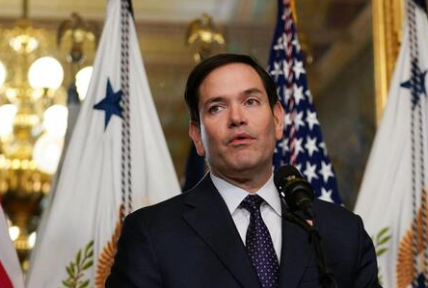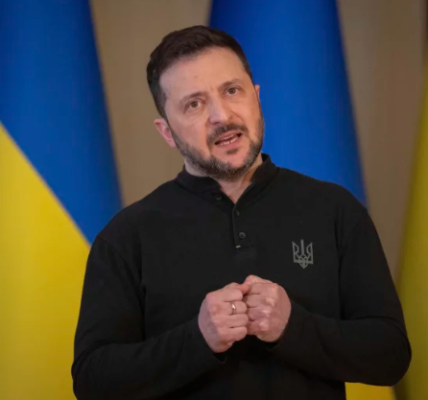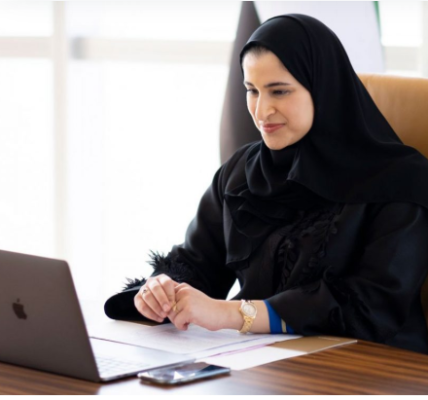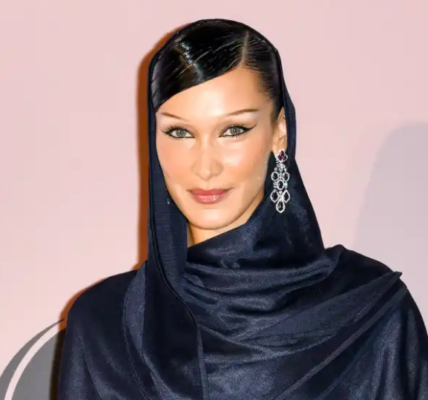Governments Make Significant Progress on Negotiations for Global Pandemic Agreement
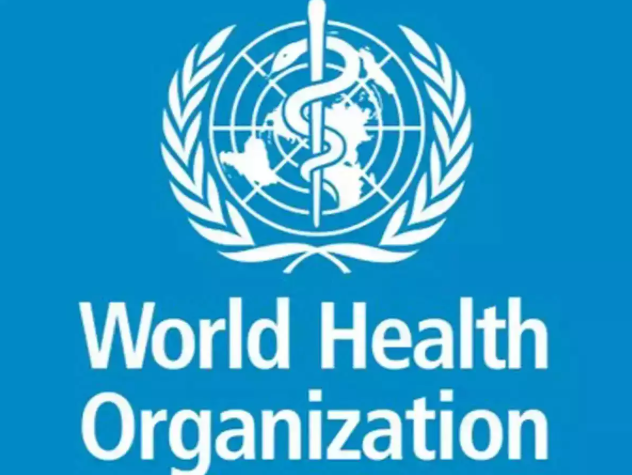
Governments have made notable advancements in negotiating the world’s first agreement to safeguard people from future pandemics, as the latest round of discussions concluded today at the World Health Organization (WHO). These talks aimed to create a robust framework for pandemic preparedness, with substantial progress on the draft agreement, greater involvement of civil society and non-State actors, and a collective commitment to keep the momentum going towards a global pandemic accord.
The 11th meeting of the Intergovernmental Negotiating Body (INB), which includes the 194 member states of WHO, took place from September 9 to 20 in Geneva. Negotiators will continue discussions in a 12th round, scheduled from November 4 to 15.
WHO Director-General Dr. Tedros Adhanom Ghebreyesus praised the “collective commitment” from governments and stakeholders to finalize the pandemic agreement, emphasizing the urgency of doing so due to the ongoing threat posed by viruses with pandemic potential.
“The next pandemic will not wait for us, whether from a flu virus like H5N1, another coronavirus, or an entirely new virus family,” Dr. Tedros stated. “However, the world is ready to meet the challenge. This pandemic agreement can provide hope that countries can find common solutions to global problems.”
Ambassador Anne-Claire Amprou, INB Bureau Co-chair of France, highlighted the progress made during the latest round, reflecting governments’ commitment to a global pandemic accord that would make the world safer and healthier. She underscored the importance of civil society and non-governmental stakeholders in ensuring that equity, innovation, and collaboration are central to the agreement.
Ambassador Amprou said, “There was clear recognition from all WHO member states that we must agree on a way forward to work better together to protect citizens from future pandemics.”
The discussions saw continuous contributions from INB stakeholders, including detailed interactive dialogues and public broadcasts on critical topics. These discussions were vital in shaping the evolving draft agreement and promoting a transparent and inclusive negotiation process.
Nina Jamal, Head of Pandemics at the global animal welfare organization FOUR PAWS, emphasized the urgency for an effective Pandemic Agreement, noting its potential not only to prepare for future pandemics but also to prevent them, especially through a One Health approach.
Michelle Childs, Policy Advocacy Director for the Drugs for Neglected Diseases initiative (DNDi), welcomed the transparency in sharing draft texts and daily briefings, encouraging further steps to ensure open communication and counter misinformation.
Ms. Precious Matsoso, INB Co-Chair from South Africa, reported progress on critical areas of the draft agreement, including research and development, regulatory systems strengthening, pandemic prevention, and equitable access to essential health technologies such as vaccines and diagnostics.
“Countries are now focusing on the remaining crucial elements of the agreement to protect the world from future pandemics,” Ms. Matsoso noted, emphasizing the need for continued collaboration among nations while respecting national sovereignty in health decision-making.
In December 2021, a special session of the World Health Assembly established the INB to draft a global pandemic agreement under WHO’s Constitution, aimed at strengthening pandemic prevention, preparedness, and response. Governments have committed to completing negotiations on this historic agreement by June 2024, marking a critical step in fortifying the world’s defenses against future global health emergencies.







